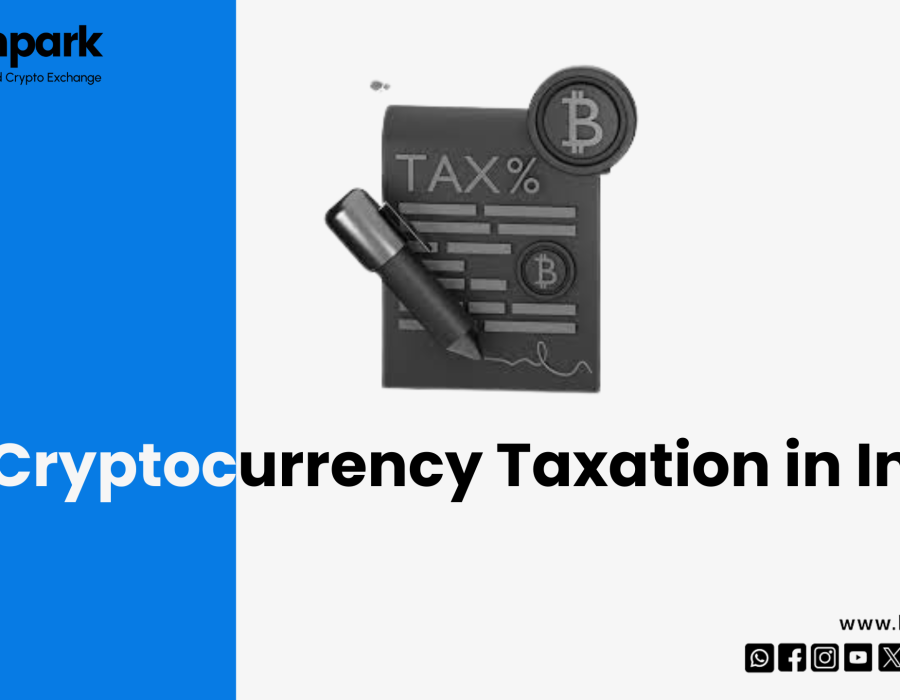What is cryptocurrency?
Cryptocurrency denotes a digital asset or currency utilized for purchasing goods and services. Its name stems from the robust encryption securing transactions, ensuring their safety. Unlike conventional currencies subject to central regulation, cryptocurrency operates in a decentralized manner.
In India, cryptocurrency has been a subject of controversy from the start due to its decentralized nature. This means it operates without relying on intermediaries like banks, financial institutions, or central agencies.
Is crypto taxed in India?
Certainly! Cryptocurrency, including Bitcoin, is subject to taxation in India. The 2022 budget introduced new regulations regarding the taxation of cryptocurrencies. A flat 30% tax rate was set for income generated from the transfer of digital assets like cryptocurrencies.
Individuals who earn profits from cryptocurrency transactions, regardless of whether the gains are short-term or long-term, are responsible for paying this tax. If you're wondering how to buy Bitcoin in India, there are several platforms and exchanges available for purchasing cryptocurrencies.
How do I invest in cryptocurrency?
To buy Bitcoin or other cryptocurrencies, you'll require a "wallet" capable of storing your digital assets. Additionally, it's essential to complete KYC verification for your account to qualify for cryptocurrency purchases.
Typically, the process involves opening an account on a global crypto exchange or a cryptocurrency exchange app, completing the verification, and using real money to buy cryptocurrencies such as Bitcoin or Ethereum.
If you are looking to trade bitcoin, see the bitcoin chart and trade it: BTC to INR
How to calculate tax on crypto?
You're liable for a flat 30% tax on your cryptocurrency profits. Here's how to calculate it:
Crypto gains = Sale price - Purchase price (cost of acquisition)
Crypto tax = 30% of Crypto gains.
Tax on Mining cryptocurrency
Income from cryptocurrency mining is taxed at a flat rate of 30%, calculated based on the cryptocurrency's fair market value at the time of mining. Notably, deductions for mining expenses like electricity or hardware costs are not allowed. The taxation procedure for mining income simply applies the 30% rate to the cryptocurrency's fair market value during the mining period.
Conclusion
In conclusion, cryptocurrency, including Bitcoin, faces controversy in India due to its decentralized nature. Taxation at a flat 30% rate applies to profits from digital asset transfers. KYC verification is essential for purchasing cryptocurrencies via global exchanges or every cryptocurrency exchange platform. Mining income is taxed at 30% without deductions. Understanding these regulations is crucial for Indian cryptocurrency investors.





Comments